Date/Time
Date(s) - 12/03/2018 - 07/05/2018
All Day
Categories
Why and how do we remember past atrocities and human rights violations? What is the role of memory sites in social reconstruction, transitional justice and democratisation? How do memory sites shape communities, societies, identities and nations?
Free enrolment until 12 April 2018!
MOOC on Memory Sites and Human Rights
The Global Campus of Human Rights (GC) is proud to launch a new Massive Open Online Course (MOOC) of its Open Learning Series that within one year has already reached more than 3000 people and is constantly growing. Funded by the EU and with contributions by lecturers and experts from all the regions of the world, the GC MOOCs provide free and open access to highly qualified learning on topical human rights concerns.
Course Outline
The programme is structured in three Modules. Module 1 focuses on the conceptual framework behind memory sites. Starting from a reflection on why and what is important to remember, it then moves to discuss how memories are shaped and who is involved in ‘building memory’. Module 2 is dedicated to the objectives of memory sites, ranging from information and knowledge-sharing to the idea of providing evidence of abuses; from the role of memory sites for identity building/ reconstruction and education to the ethical, legal and political challenges of the representation of horror. Module 3 will focus on aspects related to the ‘design’ of memory sites: format and content, use of testimonials and symbolic resources, artistic language and types of institutional approaches, stressing the artistic contextualization vis-à-vis the visitors’ reactions and empathetic sentiments for past atrocities and abuses.
Lecturers and Experts
Reflecting the international spirit and multidimensional approach of the Global Campus, the course is taught by academics and experts drawn from different regions of the world and a cross-section of constituencies, enabling participants to benefit from rich and varied competences, experiences and knowledge. The course has been developed under the leadership of the Master’s Programme in Human Rights and Democratisation in Latin America and the Caribbean (LATMA) and the European Regional Master’s Programme in Democracy and Human Rights in South East Europe (ERMA).
About Us
The Global Campus of Human Rights is an EU-funded global network of universities based on cooperation between the European Inter-University Centre for Human Rights and Democratisation (EIUC) – the network’s focal point and umbrella organisation – and seven Regional Programmes which are based in Venice for Europe, in Sarajevo/Bologna for South East Europe, in Yerevan for the Caucasus, in Pretoria for Africa, in Bangkok for Asia-Pacific, in Buenos Aires for Latin America and the Caribbean, and in Beirut for the Arab world.
